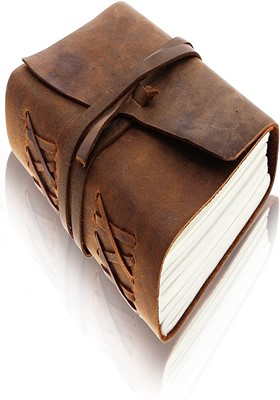بررسی فقهی و حقوقی حکم شهادت بر سرقت پیشین پس از اجرای مجازات حدی
محورهای موضوعی : حقوق خصوصیاحمد حاجی ده آبادی 1 * , محمد علی افشاری 2 , مرضیه گنجعلی دارانی 3
1 - دانشیار گروه حقوق، دانشگاه پردیس فارابی، دانشگاه تهران، تهران، ایران
2 - دانشآموخته حوزه علمیه قم و مدرس واحد قم، دانشگاه آزاد اسلامی، قم، ایران
3 - دانشجوی دکتری فقه و مبانی، دانشکده الهیات، دانشگاه تهران، تهران، ایران
کلید واژه: حد سرقت, تخلل بین دو جرم حدی, قاعدهی درأ, شهادت بر سرقت پیشین,
چکیده مقاله :
ماده ی 202 قانون مجازات اسلامی مصوب 1370 بیان می کند: (هرگاه انگشتان دست سارق بریده شود و پس از اجرای این حدّ، سرقت دیگری از او ثابت گردد که سارق قبل از اجرای حدّ مرتکب شده است پای چپ او بریده می شود). مستند فقهی این ماده قانونی روایتی از امام باقر (ع) است. گروهی از فقهاء با تمسک به این حدیث، حکم به قطع پای سارق و به نوعی حکم به مراتب اجرای بعدی حد سرقت نموده اند. در مقابل، گروهی از فقها نیز روایت را ضعیف و خبر واحد قلمداد کرده اند و از باب قاعده درأ، که تخلل بین دو حد را لازم می دانند و یا از باب حفظ دماء، حکم به برائت از مراتب بعدی سرقت داده اند. قانون گذار در قانون جدید مجازات اسلامی مصوب 1392، ماده ی 202 را حذف نموده که در ظاهر این حذف، نسخ می باشد ولی نظر مختار، سکوت قانونگذار می باشد و این سکوت اعم از نسخ است. همچنین نظر مختار در مسئله تحقیق نیز حکم به برائت از اجرای مراتب بعدی حد سرقت می باشد.
Article 202 of the Islamic Penal Code, adopted in 1370, states: "(If the thieves' fingers are cut off and after the execution of this limit, another robbery of him is proved that the thief has committed the crime before the execution of the sentence, his left foot will be cut off). The legal documentary of this article is a narration from Imam Baqir (AS). The jurisprudential documentary of this article is a narration from Imam Baqir (AS), which is expressed in two ways by Ali Ibn Ibrahim and Sahl Ibn Ziad. A group of jurisprudents with the purpose of this hadith sentenced the next execution. On the other hand, a group of jurisprudents also considered the narrative to be weak and the unit's news, and the rule of law, which calls for divisions between the two limits, or the preservation of blood, has canceled the next punishment. The legislator, in the new Islamic Penal Code of 2013, has removed Article 202, which appears to be the supersede.

